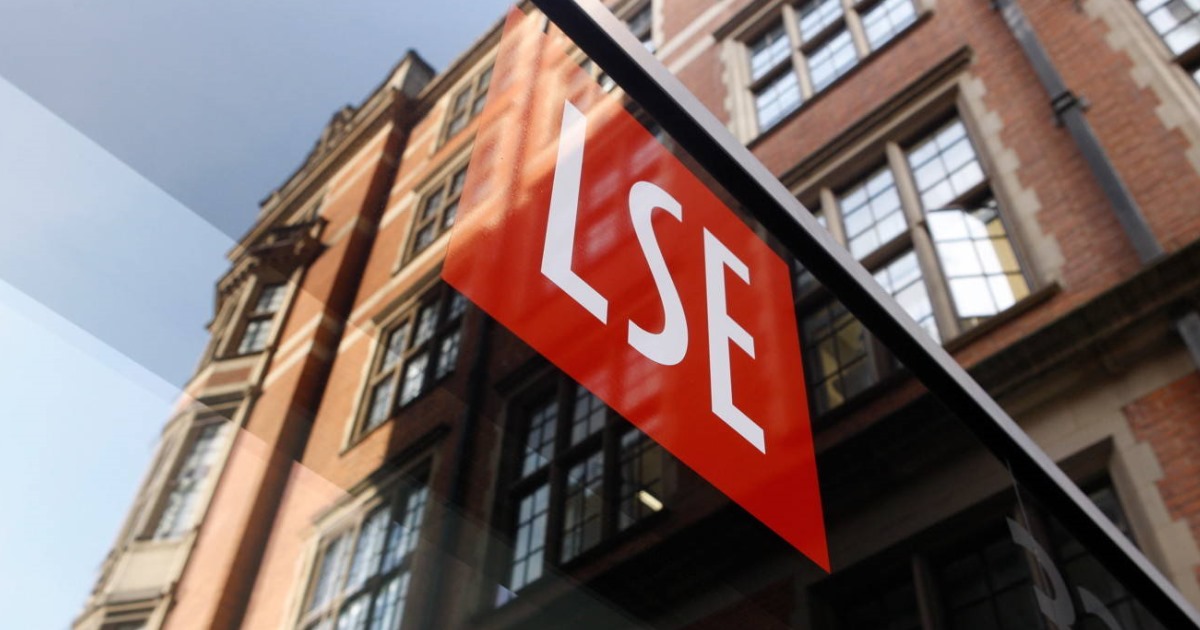“Who all are flying back to India by the London-Delhi flight tomorrow?”
“Do we need a health certificate from the NHS to board the plane?”
The WhatsApp group of Indian students at the London School of Economics was suddenly abuzz with these queries on air travel home. Screenshots of health and travel advisories issued by the governments of India and the UK had already flooded our phones. Pictures and videos of empty racks in London supermarkets and people hoarding essential daily-use articles was adding to the frenzy.
My pre-scheduled appointment with the general practitioner was amended to a telephonic one because they had to deal with COVID-19 related cases. A week earlier, after two positive cases were detected in LSE, the college ceased all teaching activities and shifted to the online space. Further, US President Donald Trump’s decision to prohibit all flights to the US from the UK commencing March 16 and the anticipated extension of the travel ban by the Indian government was enough to allow ‘panic mode’ to set in.
I joined LSE last September to pursue higher studies at one of the most premier educational institutions in the world. However, the calamitous outbreak of COVID-19 and the concomitant decisions taken by the governments have quite literally derailed my “London dream”. Not only was I forced to travel back home in haste to avoid being stranded in London in case of a lockdown, the prospect of an uncertain future is quite scary, to say the least.
As per UK’s immigration statistics, more than 30,000 Indian students are currently enrolled in various UK universities. A large number of these students are likely to have returned home because universities are now shut. Those who have chosen to stay back in the UK did so for three primary reasons – first, many students believe that UK is better equipped to deal with such public health emergencies than India; second, there are students who fear contracting the virus on their way back home only to end up infecting their family members; and last, a minuscule number of students are recipients of scholarships which precludes their departure in the middle of the course.
Nonetheless, the prospect of resumption of classroom teaching and other contact programmes in the later academic session seems ominously remote.
Also read: Battling the Contagious Disease of Racism: A Personal Account From Germany
The worrisome pattern of the spread of the virus in the UK and the European Union outlines the possibility that the virus is likely to last the whole summer and even beyond. And even if the virus is contained before the onset of winter, the possibility of its recurrence next year cannot be ruled out. Furthermore, with the stocks markets crashing, the services and manufacturing sectors being disrupted, and government reserves depleting to precariously low levels, the global economy is staring at a recession.
The UK and the EU are educational hubs attracting students and scholars from across the world including India. Students flock to these destinations for a world class educational experience, in spite of the exaggerate cost of study involved. Many students take on huge debts by way of hefty education loans in order to secure a place at these university.
The pandemic-induced economic crisis, with no definitive timeline for its containment, non-availability of suitable post-course employment opportunities including internships, would severely impinge upon the financial capacity of the students to pay back inflated EMIs. This can possibly derail the financial health of many families.
With the world gearing up to contain this deadly pandemic, the worst seems far from over. Although the World Health Organisation and governments are trying different ways to mitigate the problem, concerted efforts by all are needed to help tide over the present crisis.
Needless to say, we’re in for a long haul!
Meenakshi Sharma is a seasoned development consultant with over 11 years of progressive experience in Public Health. She is a Gold Medalist in Medical Microbiology and a post graduate from Indian Institute of Health Management and Research (IIHMR), Jaipur. She is currently pursuing Second Masters in Global Health Policy from the London School of Economics, UK.
Featured image credit: LSE’s official website

